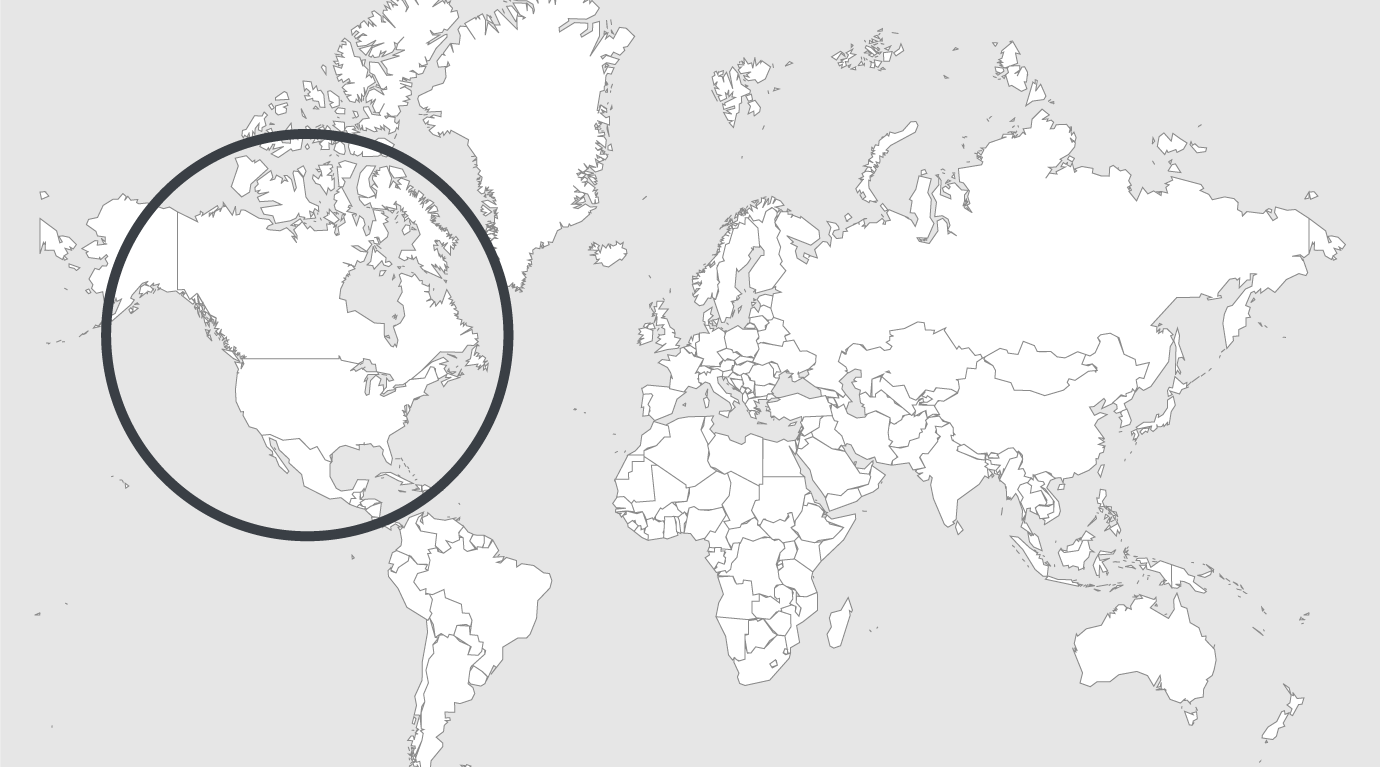
Explore
USA: the secret, dangerous world of private prisons
Something was wrong with Thomas Bryant.
He couldn’t eat or sleep. His body was drenched in a cold sweat, and he trembled and shook like a radiator on its last legs. The simple life he once knew in Chichester — one where he worked at a steel mill and provided for his two kids — was a faded memory, a snapshot from a stranger’s photo album.
After breaking his back in a work accident, he became addicted to opioids and began a downward spiral that led him here, to a cell inside the 1,883-bed George W. Hill Correctional Facility in Thornton, Delaware County. He’d been arrested on a bench warrant over unpaid child support, but all he could think about was the unrelenting pain from withdrawal. Bryant, 38, asked prison guards for medical attention for three days, scrawling his pleas on scraps of paper. He was ignored.
“We have copies of letters he wrote, begging for Advil or Motrin because he was in so much pain,” said Sue Taylor, his sister. “They did absolutely nothing to help him.”
When the agony became too much, Bryant hanged himself with prison-issued linens on Nov. 16, 2007. He was one of 12 inmates who died at the facility between 2002 and 2008, according to a lawsuit Bryant’s family filed in 2009 against the GEO Group, an international conglomerate that manages George W. Hill and 21 other facilities across Pennsylvania, including two halfway houses and a day reporting center in Philadelphia.
The company’s problems didn’t end there, though. GEO and other leading for-profit prison corporations have been plagued by health and safety issues for years, with prisoner and staff complaints and wrongful-death lawsuits piling up like mounds of unopened jail mail.
Since 1997, private prisons have been paid billions by the U.S. Bureau of Prisons to annually house more than 34,000 federal inmates. But the companies have enjoyed a lucrative relationship with the federal government. Since 1997, they’ve been paid billions by the U.S. Bureau of Prisons to annually house more than 34,000 federal inmates. It was a convenient arrangement for a nation with the world’s highest prison population, underpinned by a belief that private corporations could do the job cheaper and better.
The government’s stance toward companies like GEO underwent a dramatic shift last summer. In early August, the Justice Department’s Office of the Inspector General released a troubling report that showed contract prisons had far higher rates of violence and lockdowns, and poorer access to medical care, than comparable federally run facilities.
GEO officials contend the report painted a grossly distorted portrait of its prisons. Its facilities are “equally safe, secure and humane as government-run facilities,” Pablo Paez, a GEO spokesman, wrote in an email to the Inquirer and Daily News.
Read full article
